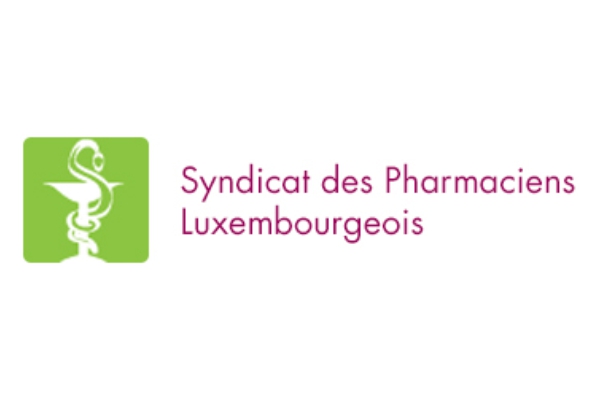
On Thursday 7 July 2022, the Luxembourg Pharmacists Union (Syndicat des Pharmaciens Luxembourgeois - SPL) questioned certain assertions and recommendations made by the Competition Council (Conseil de la Concurrence - CC) following an investigation of the pharmaceutical sector in the Grand Duchy.
According to SPL, calling for the abolition of capped prices for over the counter medicines and the opening of the pharmacy distribution monopoly as a response to the situation of medicine prices in Luxembourg is an approach aimed at taking a sale price out of its context: indeed, it will not be possible to analyse these prices by not relating them to the average cost of living observed in Luxembourg and elsewhere. The SPL is of the opinion that in proportion to Luxembourg's purchasing power and salary level, these assertions of the CC require a thorough re-examination.
Luxembourg pharmacists are accused of protectionism, to the detriment of the consumer. However, the pharmaceutical advice that pharmacies offer to the patients and general public is free, and the consumer understands that the financing of this free service is done indirectly by the economic margin on the drugs sold. The paradigm shift recommended by the CC, putting non-prescription drugs on sale through parallel circuits, without qualified personnel, involves significant risks for public health.
SPL argued that the question that arises is of a societal nature: is it the choice of the Luxembourg population to move from a logic of patient, professionally advised by pharmacists or towards a logic of consumer, with the sole aim of putting pressure on the selling prices?
The pharmacist is a health professional in his own right registered with the Medical College and his activity cannot be reduced to mercantile considerations, emphasised SPL.
The SPL underlined that the Luxembourg pharmacies, in the context of following an exit from the pandemic, will:
- ensure continuity of care through a on-call service
- perform magistral preparations quickly and within the safety guarantees provided by law
- guarantee immediate availability or under short supply conditions of drugs, even very expensive, for often urgent and serious pathologies
- contribute in providing services appreciated by the population, such as the distribution of rapid antigen tests free of charge, COVID-19 vaccination programmes and the pharmaceutical reception of Ukrainian refugees.
Regarding the alleged pharmaceutical desertification, the SPL stressed that the sector is not immune to the shortage of manpower with staff who must be able to speak the usual vehicular languages of the Grand Duchy.
With regard to the concessions regime, the SPL is fully available to political actors to discuss possible modernisations of this regime.
In a difficult global economic context, with the increase in the cost of living, fuel, raw materials and the pressure that this exerts on the operating costs of pharmacies, the SPL is dismayed to see itself confronted with such a catalog demands from the CC.
SPL warned Luxembourg patients that a complete transposition of these recommendations into Luxembourg law will necessarily go hand in hand with a huge reduction in the quality of service as currently provided by Luxembourg pharmacies.
The SPL will analyse in depth the findings put forward by the CC and will seek direct dialogue with the institutions.








